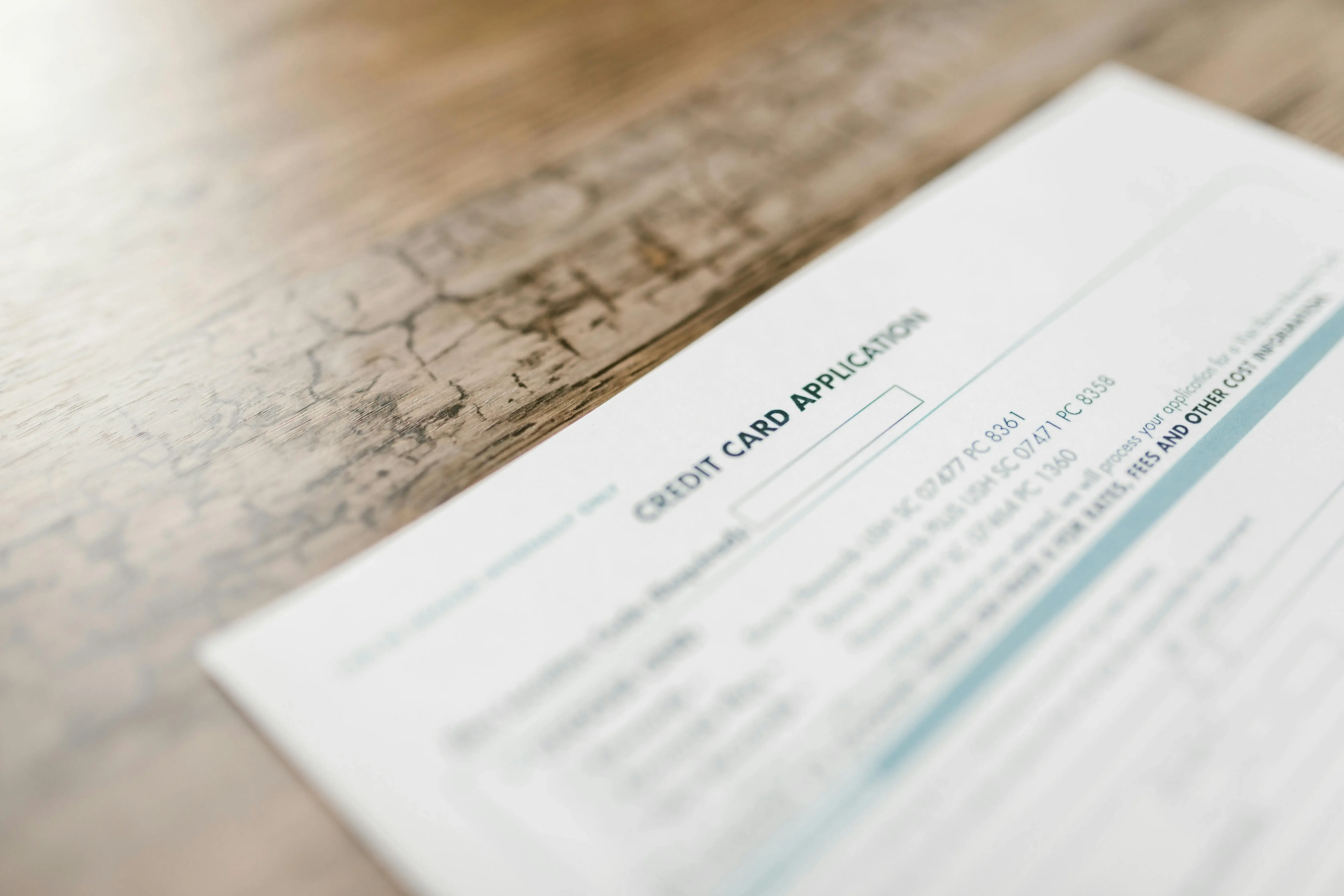
Kudos has partnered with CardRatings and Red Ventures for our coverage of credit card products. Kudos, CardRatings, and Red Ventures may receive a commission from card issuers. Kudos may receive commission from card issuers. Some of the card offers that appear on Kudos are from advertisers and may impact how and where card products appear on the site. Kudos tries to include as many card companies and offers as we are aware of, including offers from issuers that don't pay us, but we may not cover all card companies or all available card offers. You don't have to use our links, but we're grateful when you do!
Does a DMP Affect Your Credit Score?
July 1, 2025


Quick Answers
A Debt Management Plan itself is not reported to credit bureaus and therefore does not directly affect your credit score.
Indirect effects, such as closing credit accounts as required by the plan, can temporarily lower your score by altering your credit utilization ratio.
Consistent, on-time payments made through the DMP will improve your payment history over the long term, which is a key factor in rebuilding your credit.
What Is a DMP?
A debt management plan, or DMP, is an agreement arranged by a credit counseling agency to help you repay unsecured debts like credit cards or personal loans. You make a single monthly payment to the counseling agency, which then distributes the funds to your various creditors on your behalf. Often, creditors participating in a DMP will agree to concessions such as lower interest rates or waived fees to make repayment more manageable.
Enrolling in a DMP can affect your credit score, as the accounts included in the plan are typically closed and noted as being managed by a third party. However, making consistent, on-time payments through the plan positively impacts your payment history, which is a major factor in credit scoring. As you pay down your balances and improve your debt-to-income ratio, your credit score will generally recover and strengthen over the long term.
How a Debt Management Plan Could Affect Your Credit Score
A Debt Management Plan can cause a temporary dip in your credit score. However, by making consistent payments, it provides a structured path to paying off debt and rebuilding your credit.
Account Closures: You will likely need to close the credit accounts included in the plan. This action can lower your score by reducing your available credit and decreasing the average age of your accounts.
Credit Report Notation: Creditors may note on your credit report that the account is being managed through a DMP. While this notation itself doesn't directly impact your FICO score, lenders will see it.
Initial Payment Timing: There can be a brief transition period where a payment is marked late before the new DMP arrangement is finalized with every creditor, which can temporarily lower your score.
Consistent On-Time Payments: Once established, your consistent monthly payments through the DMP will build a positive payment history—the most significant factor in your credit score—helping it to recover and grow.
Long-Term Improvement: As you pay down your balances, your credit utilization ratio improves. Completing the plan successfully demonstrates financial responsibility and lays the groundwork for a much stronger credit profile.
How Much Will a DMP Affect Your Credit Score?
The extent to which a Debt Management Plan (DMP) affects your credit score depends on several key factors. Here are some important points to consider:
- Account Closure: You may be required to close the credit accounts included in your plan. This can lower your credit score by increasing your credit utilization ratio and reducing the average age of your accounts.
- On-Time Payments: A DMP simplifies your debt into a single monthly payment. Consistently making these payments on time will build a positive payment history, which can help improve your credit score over time.
- Credit Report Notation: Lenders may add a note to your credit report indicating you are on a DMP. While not a direct scoring factor, future lenders will see this notation when you apply for new credit.
How You Can Avoid a DMP Affecting Your Credit Score
Maintain Consistent Payments
A DMP requires consistent, on-time payments to all your creditors under the new arrangement. Missing even one payment can be reported to credit bureaus, negatively impacting your score. Punctuality is crucial to demonstrate financial responsibility and successfully complete the plan without further credit damage.
Understand Account Closures
As part of the DMP, you'll likely be required to close the credit accounts included in the plan. This action can lower your credit score by increasing your credit utilization ratio and reducing the average age of your credit history. Be aware of this potential impact.
Choose the Right Card to A DMP
No matter your current standing, improving your credit score is always possible through consistent, positive financial habits. With a few proven methods, you can boost your score and unlock better financial opportunities, often seeing meaningful changes within three to six months.
- Monitor Your Credit Reports Regularly. Obtain your free credit reports from the major bureaus to identify and dispute any inaccuracies, which can have an immediate positive impact on your score.
- Establish Automatic Bill Payments. Since payment history is the single most important factor, setting up automatic payments is the easiest way to ensure you never miss a due date.
- Reduce Your Credit Utilization Ratio. Aim to keep your credit utilization below 30% by paying down balances or requesting a credit limit increase on existing cards.
- Become an Authorized User. You can get added to a family member's or friend's credit card account that has a strong payment history and low utilization to benefit from their good credit habits.
- Diversify Your Credit Mix. Lenders like to see that you can responsibly manage different types of credit, so having a mix of revolving credit (like credit cards) and installment loans can help your score.
- Limit Hard Inquiries. Avoid applying for too much new credit in a short period, as each application can cause a temporary dip in your score.
The Bottom Line
A debt management plan doesn't directly hurt your credit score, but related actions like closing accounts can. The long-term benefit of becoming debt-free may outweigh any temporary dip in your score.
Frequently Asked Questions
Will a DMP appear on my credit report?
A DMP itself is not directly reported to credit bureaus. However, creditors may add a note to your accounts indicating they are managed by a third party.
How quickly will my credit score improve after a DMP?
Consistent, on-time payments during the DMP can start to positively influence your score. Significant improvement is often seen after the plan is successfully completed.
Can I apply for new credit while on a DMP?
Most DMP agreements prohibit taking on new debt. Doing so could violate your terms and lenders are less likely to approve applications during this period.
Unlock your extra benefits when you become a Kudos member

Turn your online shopping into even more rewards

Join over 400,000 members simplifying their finances

Editorial Disclosure: Opinions expressed here are those of Kudos alone, not those of any bank, credit card issuer, hotel, airline, or other entity. This content has not been reviewed, approved or otherwise endorsed by any of the entities included within the post.


































.webp)
.webp)



.webp)



